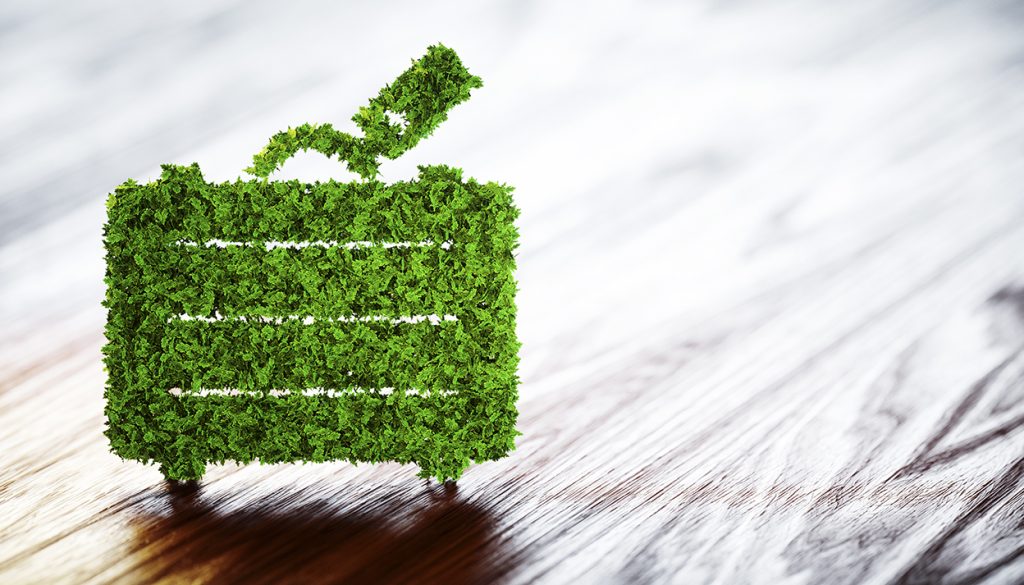How did we get the Green Key international label in 2024 ?
A label for sustainable tourism
We have applied for the Green Key label and obtained it in 2024 !
After meeting more than a 100 criteria, we were audited and had to make a number of improvements to guarantee our commitment and demonstrate our desire to contribute to more sustainable tourism.
Today, when we welcome each of our guests, we share with them our pledges, our ethics, what we consider fundamental.
We tell them about the actions we are taking. If they are already convinced, the exchanges on good practices are always interesting. If they are more reticent or less aware of the issues, we nevertheless invite them to think about climate change and to respect a few simple rules : turn off lights and fans or the air conditioning when leaving their room or when opening the windows, do not over-air condition, save water, sort waste, consume better, locally and less, and of course, favor soft mobility, extend their stay and reduce international flights.
Inspiring our guests and reducing the impact of tourism
1.18 billion international tourists traveled the world in 2015. Their numbers have doubled in just 15 years. Tourism has negative impacts on the environment, especially since 95% of tourists are concentrated in 5% of the world’s spaces, often favoring the same times of the year. Thus, the carbon footprint of tourism is impressive : it is responsible for about 8% of the total greenhouse gas emissions of humanity, three quarters of which are due to transportation alone.
Intercontinental travel is seriously damaging to the planet. It contributes to global warming, thus to the melting of ice and the consequent rise of the oceans and it is a heavy consumer of natural resources.
Fortunately, tourism also has many positive impacts : creation of millions of direct jobs in the countries visited, consumption of local products that provide a living for producers and merchants, openness and exchanges between cultures… It is one of the key sectors of the French economy. So how to reconcile economy and ecology in a context where the urgency to act is no longer to be demonstrated ? The IPCC alerts us every year. Since the 1970s, fossil fuel extractors have known that the carbon-based consumption patterns that they encourage and that we are having trouble to abandon, are responsible for the destruction of the biosphere and ecosystems. If we continue like this, our planet will soon be unlivable.
Of course, we are saturated with these alarmist speeches. Burying our heads in the sand will not change the reality either. We cannot remain inactive. We have to change. The difficulty is to initiate the change at our scale already, but once the step is taken, it becomes obvious.
The heat wave, the drought, the floods, major effects already visible
“Sustainable tourism is tourism that takes full account of its economic, social and environmental impacts, present and future, meeting the needs of visitors, environmental professionals and host communities. (World Tourism Organization – WTO).
To become a player in sustainable tourism, the Green Key Label, created in Denmark in 1994, provides keys by specifying the areas of work. It brings together a group of independent experts in charge of awarding the label. These experts work in collaboration with tourism institutions. Generally, accommodation providers and restaurants are candidates for the label.
The labeling process covers all areas of environmental and social responsibility :
- environmental policy,
- customer awareness,
- responsible purchasing,
- living environment,
- energy, water and waste management,
- training of teams and quality of life at work.
Each criteria is analyzed and monitored. Implementation solutions are provided by the expert in charge of the audit.
Working towards the 17 UN sustainable development goals
Preserving water resources, protecting the natural and cultural territory but also reducing greenhouse gas emissions generated by tourism are strong axes that engage us individually but not only. It may seem ridiculous to act on our own small scale. Let’s not lie to ourselves, if we are alone as individuals to act, it will not be enough. Decisions must of course be political and taken on a large scale. But let’s not relinquish our responsibility as actors and consumers.
The greatest environmental impact of a tourist stay is before arrival !
There is always an impact linked to a trip, an accommodation, an activity. Most important is to limit this impact as much as possible. Sustainable tourism is an approach that aims for the best in each context, but without being able to achieve zero impact. So join us. Get involved !






